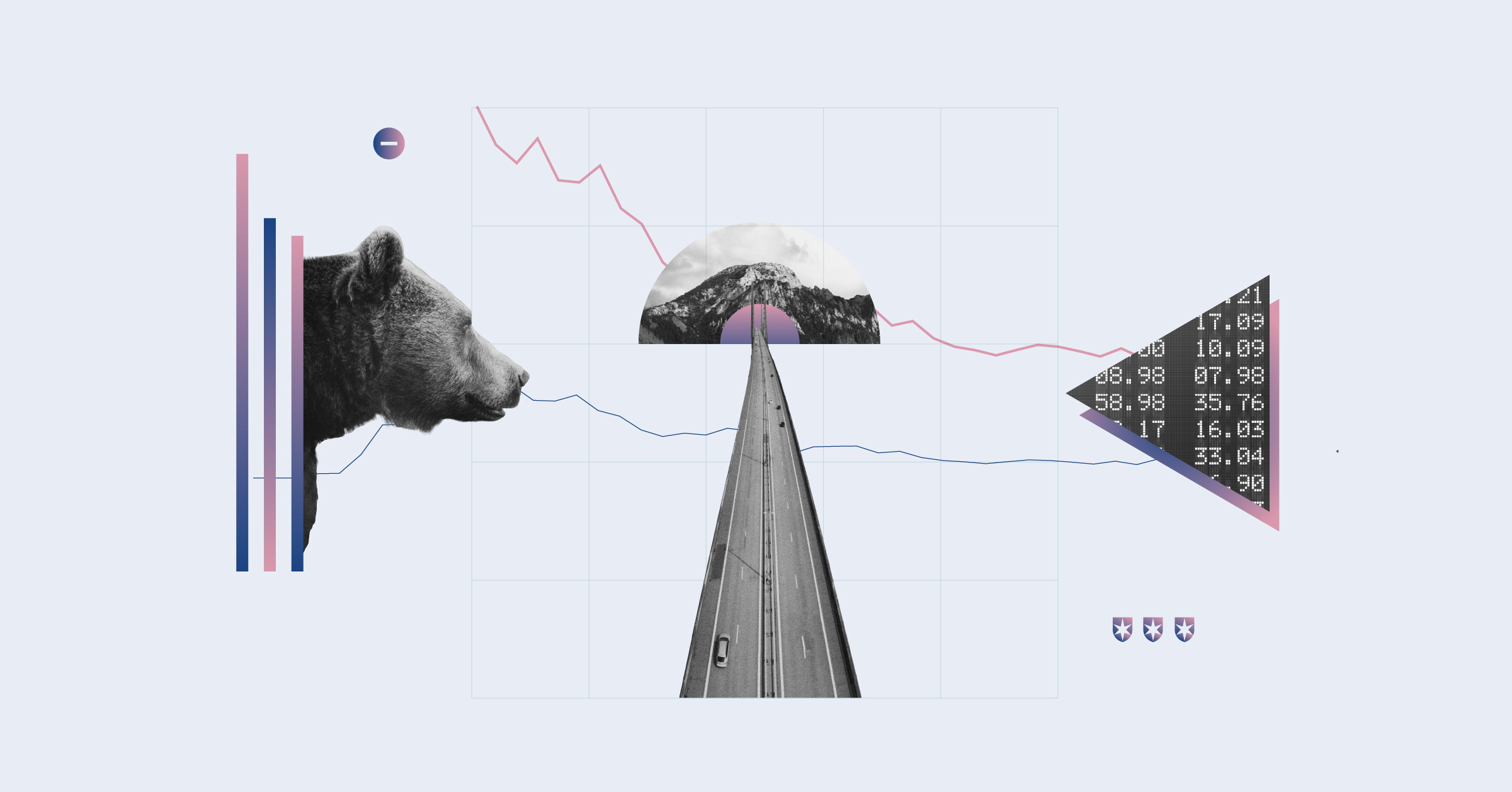Growth-style manager Noah Blackstein, best known for his U.S. equity funds that have been among the highest returning and most volatile in their peer group for more than a decade, says investors should look beyond their fears of short-term losses.
The whole idea of short-term volatility as a risk measure really hurts investors because it's incredibly flawed, says Blackstein, a vice-president and portfolio manager at 1832 Asset Management L.P. in Toronto. "Having said that, sure we can be more volatile in short periods of time, and we can also be less volatile."
Blackstein has managed Dynamic Power American Growth since its inception in July 1998, along with its 14-year-old corporate-class version Dynamic Power American Growth Class. He also manages Dynamic Power Global Growth Class. The U.S. and global mandates have each won two awards in their categories at the Morningstar Awards, most recently in 2011.
Though Blackstein's concentrated portfolio of stocks with growing earnings has outperformed in the U.S. Equity category over various standard measurement periods ranging from one year to 15 years, he cautions investors not to expect short-term gains.
"If you're in these funds for the next 12 to 18 months," he says, "you should probably pick a different fund. We want our investors to be there for the next five years."
Blackstein's investment discipline focuses on the growth potential of companies in terms of revenues and earnings over a three-to-five-year period. He does see "pockets" of overvaluation in the U.S. market, but he is comfortable with the valuations and earnings prospects of his select holdings.
Blackstein trades so actively that he's reluctant to talk about specific holdings. His portfolio turnover, typically ranging from about 250% to 300% annually, is among the highest in the U.S. Equity category. A fund with 100% turnover has an average holding period of one year. By comparison, in any given year, Blackstein's average holding period might be about four months.
The market benchmark for Blackstein's mostly large-cap U.S. funds is the S&P 500 Index. But in choosing the roughly 20 to 30 stocks that he holds, he pays no heed to the index weightings for sectors or for individual stocks.
That said, he tends to favour information technology, consumer discretionary and health-care stocks, while shunning natural resources. According to Blackstein, Dynamic Power American Growth's 43% weighting in technology is indicative of growth opportunities on a stock-by-stock basis. The technology space is a "hodgepodge of securities" and his picks are all based on individual stories, he says.
As reported by Morningstar, the fund's top holding at the end of August was ![]() Tableau Software Inc. (DATA), with a 7% weighting, followed by
Tableau Software Inc. (DATA), with a 7% weighting, followed by ![]() Palo Alto Networks Inc. (PANW) and cloud-computing provider
Palo Alto Networks Inc. (PANW) and cloud-computing provider ![]() Salesforce.com Inc. (CRM), each with a 5.9% weighting.
Salesforce.com Inc. (CRM), each with a 5.9% weighting.
Among the growth themes that Blackstein identifies as long-term trends are cloud computing, big-data security, online retailing and new drugs in the pharmaceutical industry.
The financial services sector, by contrast, has generally had earnings growth that's too tame for Blackstein's liking. That explains why his portfolio recently held only 2% in financial stocks. He also tends consistently to shun energy and materials stocks. In order to evaluate them properly he says, he would have to have views on trends in commodity prices.
As for broader economic trends, Blackstein isn't concerned about the state of the U.S. economy. "Even though everyone talks about how bad the U.S. economy is," he says, "it appears it's not. With 5.1% unemployment, that's pretty much full employment." Blackstein says the U.S. residential real-estate market has rebounded and he expects it to continue to remain strong, boosting the home-building industry. "The crash that occurred in real-estate market prices cleared the markets and the markets built back," he says. "But there is a huge shortage of new homes in the U.S. So that's what brought us down and that's what's bringing us up."
Nor does Blackstein think that the prospect of interest-rate hikes by the U.S. Federal Reserve will be a negative development for the stock market. "There may be ensuing behavioural issues," he says, "and some disruptions for sure, and I don't presume that we won't be caught up in some of that." Still, he believes that returning the bond market to normalcy would be a healthy development for financial markets as a whole.
















